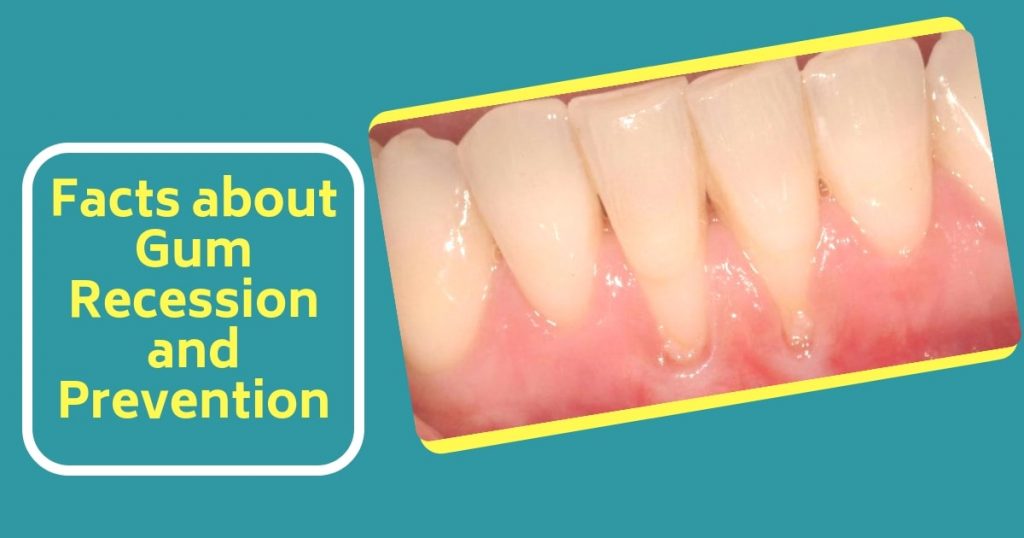The common belief surrounding gum recession is that it happens to people who are aged and not to the young. This is not completely true. Though seniors are more affected by gum recession as they age, even younger people can be affected due to many reasons. This article explores the 3 different reasons how and why your gum can recede.
Reasons for Gum Recession
- Underlying bone loss – As the bone loss progresses, the gum layer on top also recedes. Irrespective of any age, the gum follows the bones. In the younger population, this instance is lesser but is pronounced for people who have aggressive periodontitis or gum disease.
- Brushing and Flossing Harder – As a general rule, anyone should avoid toothbrushes with hard bristles. They do no good. Some have the habit of brushing too hard. Such brushing practices might end up not only damaging the enamel layer but can also damage the gums. Also flossing too hard and deep can hurt the gums. So brushing and flossing too hard can contribute to the setting-in of gum recession. If a person has a thin layer of gum by birth due to genetic factors, then they are affected more when they brush or floss harder.
- Periodontal Diseases – When the gingivitis is left untreated, it advances into Periodontitis. When an early form of Periodontitis sets in, the gums begin to recede. If this is also left untreated, the disease might enter an advanced stage and cause Advanced Periodontitis. In this stage, the gums are too receded and the teeth become loose and begin to get dislodged.
- Other Gum Conditions – Sometimes the gums might be swollen or inflamed and are left untreated. Sometimes cysts may be formed in the gum layer. Not getting these gum related issues treated on time can also lead to gum recession eventually.
Prevention and Treatment for Gum Recession
- Visit your dentist if you have bleeding gums. Your dentist can tell you if the gum recession is in its early stage. Your dentist would find the root cause and treat you accordingly. Most early gum recession conditions are reversible. This means once treated, the gums can grow back. Never skip any dental visits while you maintain your oral hygiene thoroughly.
- If the gum recession has advanced and has become irreversible, grafting surgeries are available where healthy gum tissues are got from donors. This surgery can help restore a healthy gum layer.
